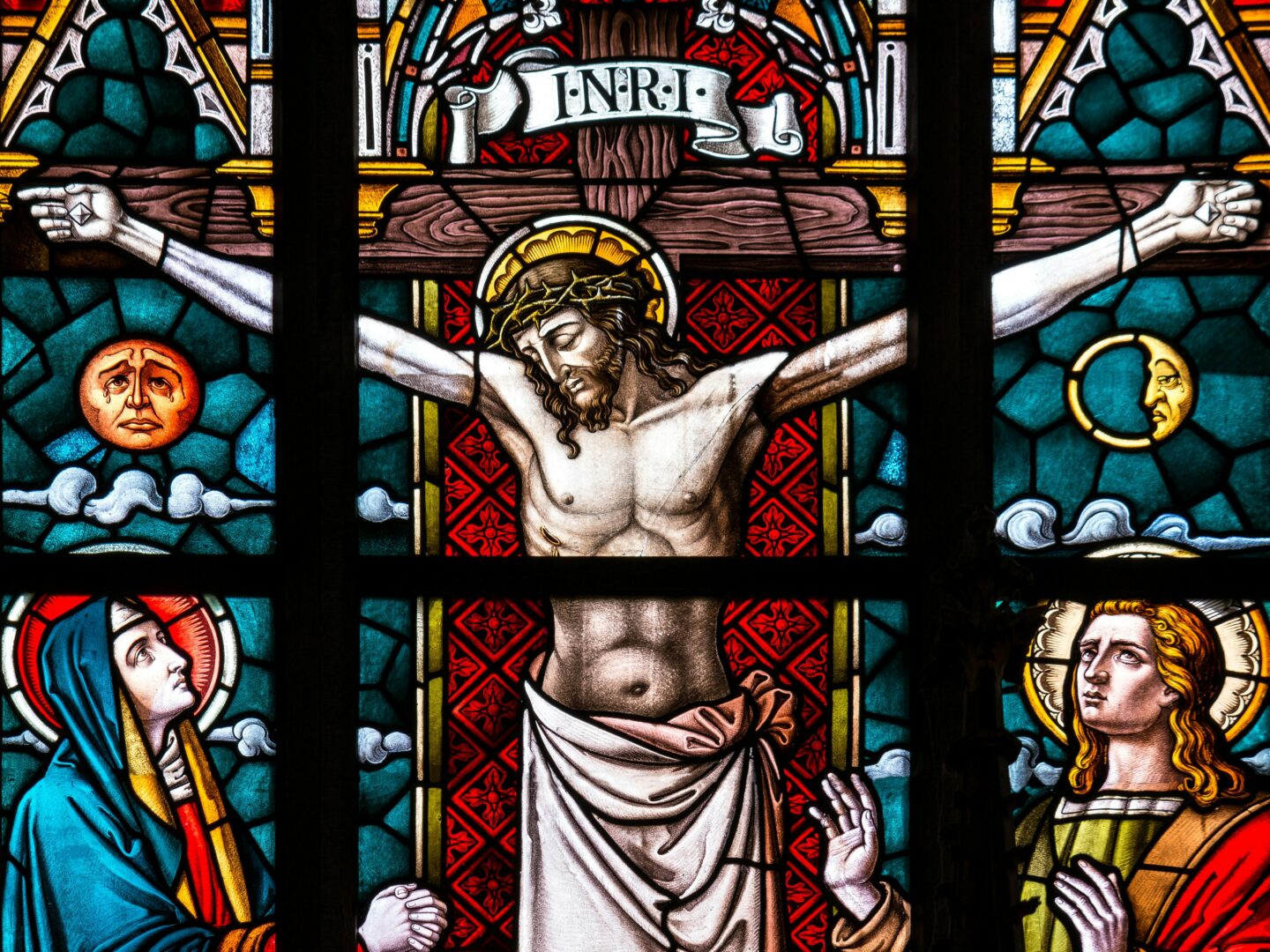During Shabbat services at my temple last weekend, in an effort to get the kids excited for Passover, the prayer leaders asked the children which part of the Exodus story they liked the best.
Many said, “The parting of the Red Sea!”
Some said, “When Miriam dances and sings on the opposite shore!”
A tiny one said, “Frogs!,” referring to one of the plagues God visited upon the Egyptians.
Then a little boy, about 7 years old, raised his hand. “I don’t believe the story,” he said.
His mother tried to shush him, but the adults in the room might instead have found in his response a teachable moment. The story — in which God delivers plague after plague upon the Egyptians, the Israelites flee, the sea parts and the Israelites are saved — is unbelievable. At Passover and Easter, which Jews and Christians celebrate this weekend, the faithful are faced with their greatest challenge. We are forced to hear our sacred narratives and celebrate at their climaxes, all the while shushing our inner 7-year-old who says, with inarguable logic, that these stories are, at best, incredible.
According to the Torah, the bush was on fire but it did not burn up. The staff, flung down before Pharaoh, turned into a serpent. The Red Sea parted.
According to the Gospels, the carpenter, executed as a criminal, came back to life in his flesh and blood. On the third day, according to the Book of Matthew, the disciples gathered at his empty tomb. “Suddenly Jesus met them and said, ‘Greetings!’ And they came to him, took hold of his feet, and worshiped him.”
We agree not to speak publicly about our religious doubt, so our interpretations of scripture’s narratives divide us more than political party or social class. In today’s America, there are those who know, as surely as they breathe, that the events described in scripture are factual and true. And there are those who know or suspect them to be false — magical, superstitious tales of an antique age. One side cannot comprehend the other.
And within those two broad groups, smaller certainties divide us further, for as Jonathan Haidt explains in his new book, “The Righteous Mind: Why Good People are Divided by Politics and Religion,” “We circle around sacred values and then share post hoc arguments about why we are so right and they are so wrong.”
As religious tribalism becomes increasingly entangled with politics, religion reinforces our political certainties. Now, some people know that Barack Obama can’t be a Christian because he had a father who was born Muslim. Or that Mitt Romney can’t be a Christian because he’s a Mormon. In the public square, religious surrogates of both parties claim to know God’s opinion about abortion, health-care reform, Occupy Wall Street and hoodies.
Such blind certainties have driven millions away from religion and church. In Newsweek this week, Andrew Sullivan describes a crumbling Christianity, abandoned by a generation disgusted with a faith that insists on “furious denunciations of others.” How to repair it, he doesn’t know. “I have no concrete idea how Christianity will wrestle free of its current crisis.”
But what if the 7-year-old’s impulsive “I don’t believe it” — or simply, as Thomas Merton said, “My Lord, God, I have no idea where I am going” — founded the bedrock of a faithful life? What if not knowing and not believing existed alongside knowledge and belief?
Even Mother Teresa, who was beatified nearly a decade ago, lived the last stage of her life in an anguish of doubt. “The silence and the emptiness is so great that I look and do not see, listen and do not hear,” she wrote in 1979. “Empathy is an antidote to righteousness,” writes Haidt. Surely doubt more than certainty triggers an empathic response.
Scripture’s greatest leaders have worried and wondered about what is true. God tells Moses to free his people and Moses responds that he’s no talker. God wakes Muhammad in his cave and tells him to recite his word, and Muhammad stammers that he cannot read. Even Jesus in the last moments of his life, according to the Gospels, expresses not assurance but uncertainty. “My God,” he said on the Cross, “why have you forsaken me?”
In a world divided by allegiances to small-minded, competing truths, perhaps a faithful life begins with “I don’t know.”
